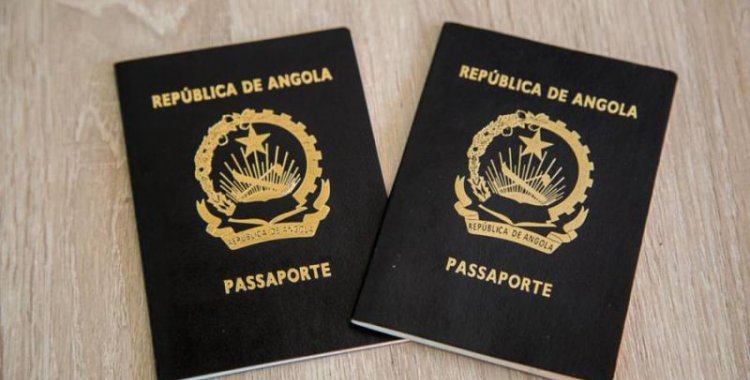According to the national director of Identification, Records and Notary at the Ministry of Justice and Human Rights of Angola, Carlos Cavuquila, the fraudulent processes intercepted last year were mainly from citizens of Central and West Africa.
"Of course, some are fleeing, there is a lot of foreigners wanting, fraudulently, to have access to official Angolan documentation to catapult themselves from there to other countries where Angola is respected," the official said this Wednesday to Rádio Nacional de Angola.
Carlos Cavuquila, who was speaking on the occasion of the Angolan Identifier Day, which marks this Wednesday, also announced that the ministerial body "has gained an international distinction" for the work it develops on the massification and attribution of the identity card to national citizens .
Angola, from January 5, 1976 to the present date, counts 12.2 million active citizens in the database with a functional identity card in a universe of 17.5 million processes that have been processed in the system, he stressed.
"In our case, the organization understood that Angola was taking significant steps in the direction of identification for all and, in this way, it appointed the Ministry of Justice as ambassador for identity in Africa with a view to advocacy with our Government and others institutions," explained the official.
Despite actions taken by the authorities, several citizens, in Luanda and in the interior of Angola, still complain about difficulties and alleged bureaucracy in the process of issuing the identity card.
Angola has 310 identity card issuing stations, namely 284 spread across the country's 18 provinces and 26 in the diaspora.







